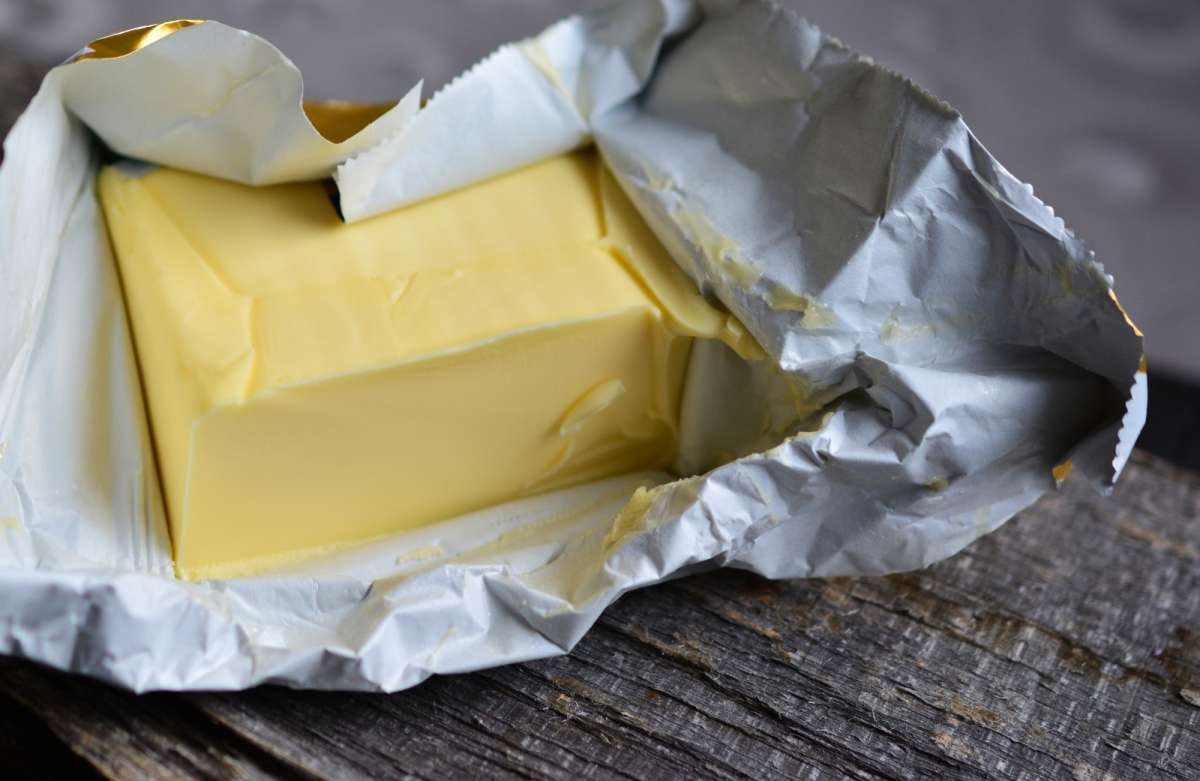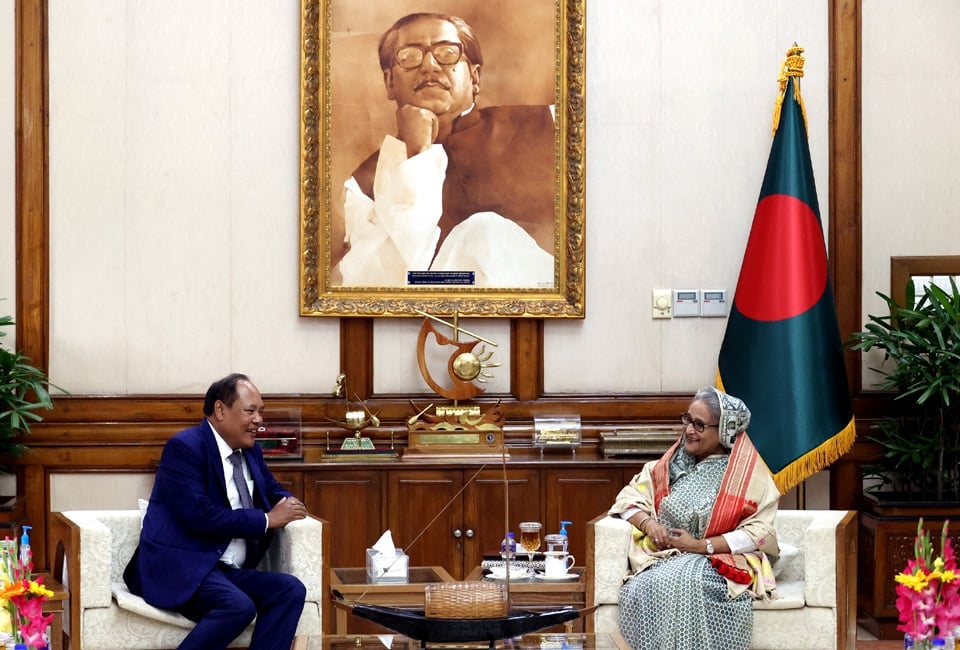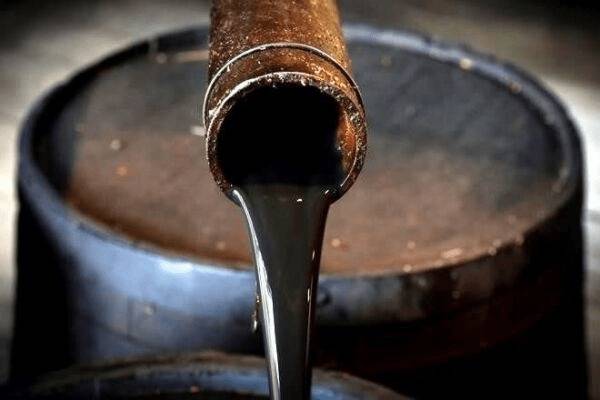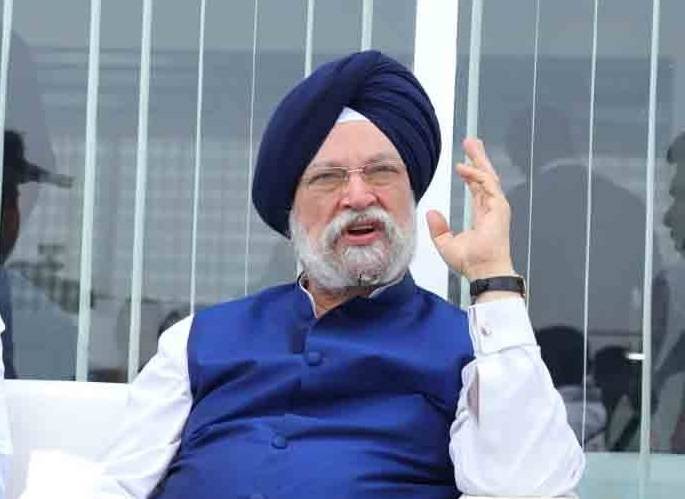To meet the growing demand and considering the fact that the supply of milk in the ensuing summer season being a lean season may be less, there were demands from several dairy cooperatives for the import of milk fat and powder…reports Asian Lite News
India may import dairy derivatives such as fat and powder, only in case the situation warrants, in order to help dairy cooperatives to meet the summer demands, Ministry of Fisheries, Animal Husbandry and Dairying said in a release Thursday evening.
The ministry also said in case of imports are needed, the government will ensure that it is routed only through its agency National Dairy Development Board (NDDB) and the needy will be given the stocks at the market price after proper assessment. The government though conceded that there has been some demand and supply gap observed in the dairy sector, primarily due to increased demand for nutritious, safe and hygienic milk and milk products post-COVID-19 pandemic.
This comes after MP Sharad Pawar, in a letter addressed to Minister of Animal Husbandry, Dairying and Fisheries Purushottam Rupala, cited a media report on possible imports, saying any decision by the central government would be totally unacceptable because the import of these products will directly affect the income of the domestic milk producers.
“The dairy farmers have recently come out of the unprecedented COVID-19 crisis and such a decision will severely impede the revival process of the dairy sector. My concern may please be heeded. I shall be happy if the matter is looked into and the Ministry deters itself from taking any decision to import the milk products,” Pawar said in a tweet, attaching his letter to the minister and the news article he referred to.
To meet the growing demand and considering the fact that the supply of milk in the ensuing summer season being a lean season may be less, there were demands from several dairy cooperatives for the import of milk fat and powder.
“With this background, NDDB along with the government of India has been monitoring the demand-supply situation. Since the process of import takes time, the necessary back end processes are being put in place to timely manage the situation in case of any eventuality,” the ministry’s release said. (ANI)
ALSO READ-‘India’s approach to oil import guided by energy security requirements’





